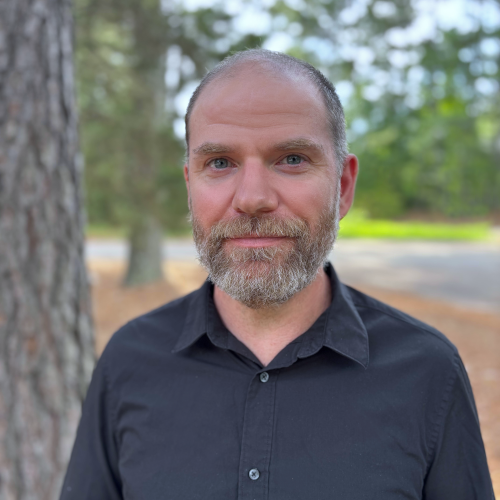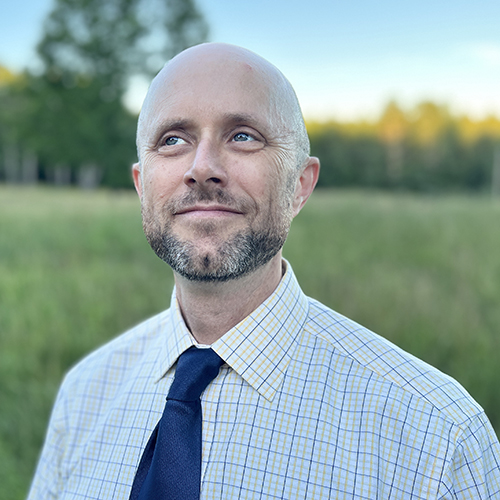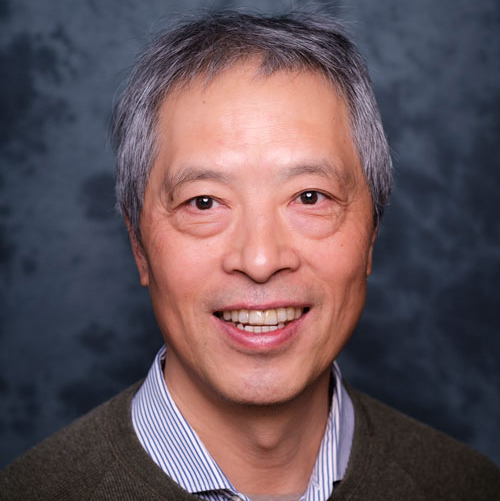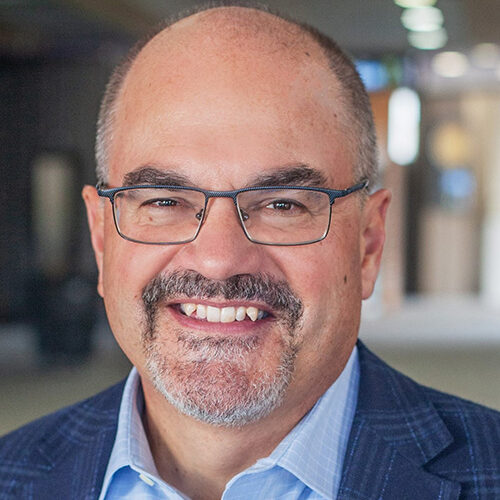graduate students outside sfws building after graduation
Conference Speakers
Featuring expert keynote speakers, panel discussions and concurrent and plenary sessions, Auburn’s conference will be a venue for scientists, forest managers, landowners and professionals to expand their knowledge within the areas of forest-based carbon and resilience, the role of forests and forest products in carbon storage and sequestration and the resistance, adaptation and resilience of forests in changing environments.
Welcome and Opening Remarks Provided By
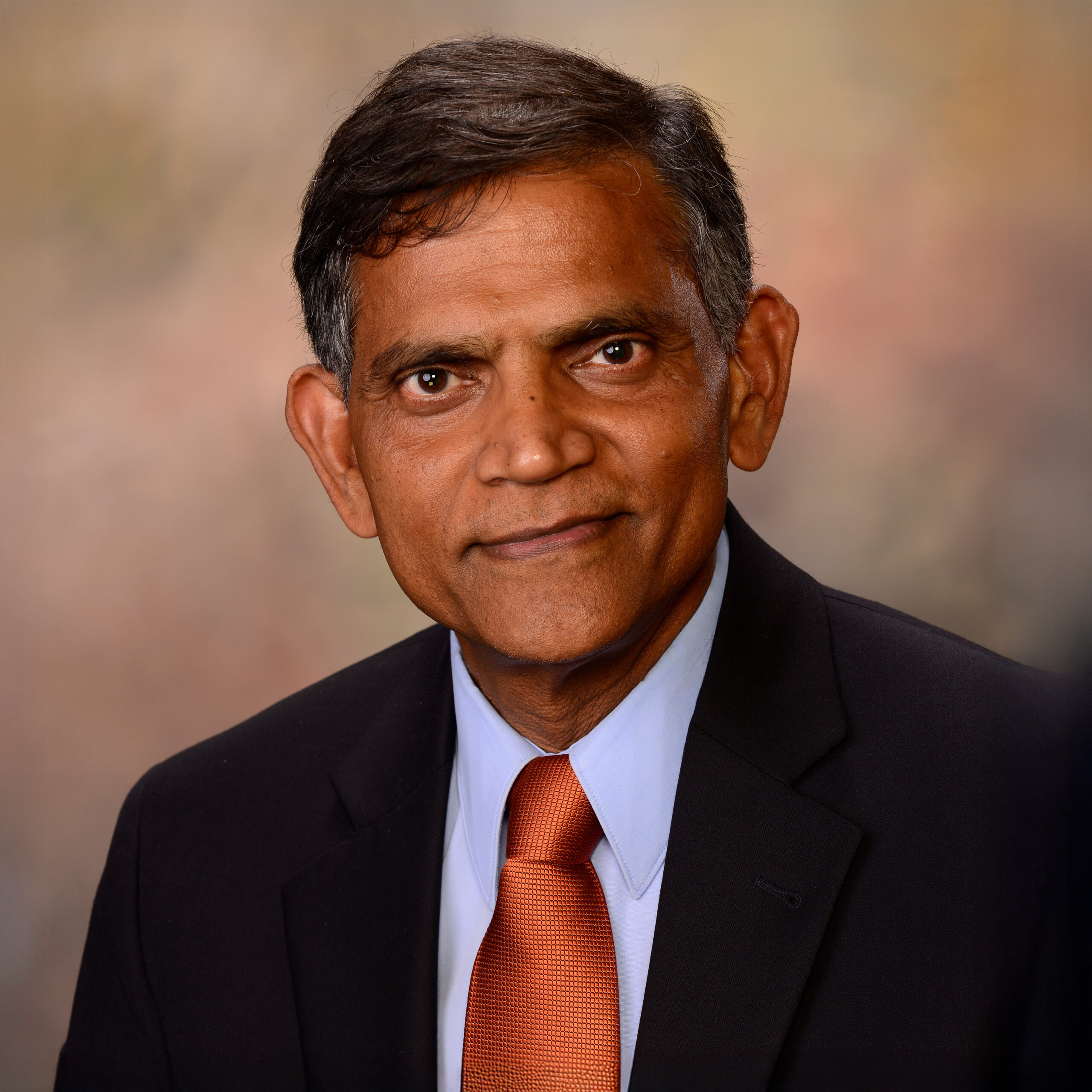
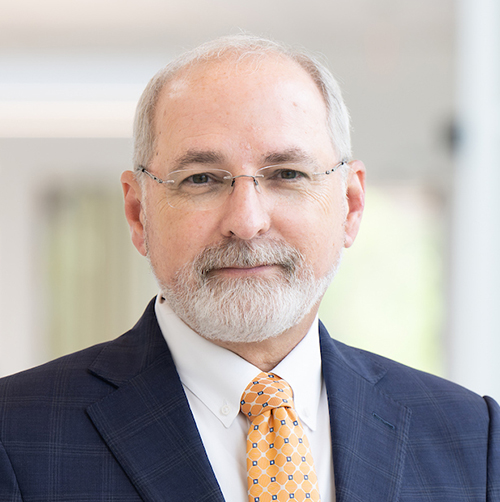
Dr. Taylor previously served as the interim dean in Auburn’s Samuel Ginn College of Engineering at Auburn University from 2022 to 2023. He also served from 2016 to 2022 as associate dean for research in the Ginn College of Engineering where he was responsible for coordination and promotion of the college's research programs. Previous to this, he served as director of the university’s Center for Bioenergy and Bioproducts from 2007 to 2017 and as head of Auburn University’s Department of Biosystems Engineering from 2003 to 2016.
Dr. Taylor holds bachelor’s and master’s degrees from the University of Florida and a doctorate from Texas A&M. He began teaching and conducting research at Auburn in 1989. His research focused on engineering for improved utilization of forest resources for structural products and energy feedstocks, as well as engineering for improved efficiency and environmental sensitivity of forest operations. He maintained a strong research presence in bioenergy and bioproducts as well as in developing geospatial tools for forestry and agriculture. He has been the principal or co-principal investigator on over $79 million in externally funded research.
Meet Our Keynote Speakers
